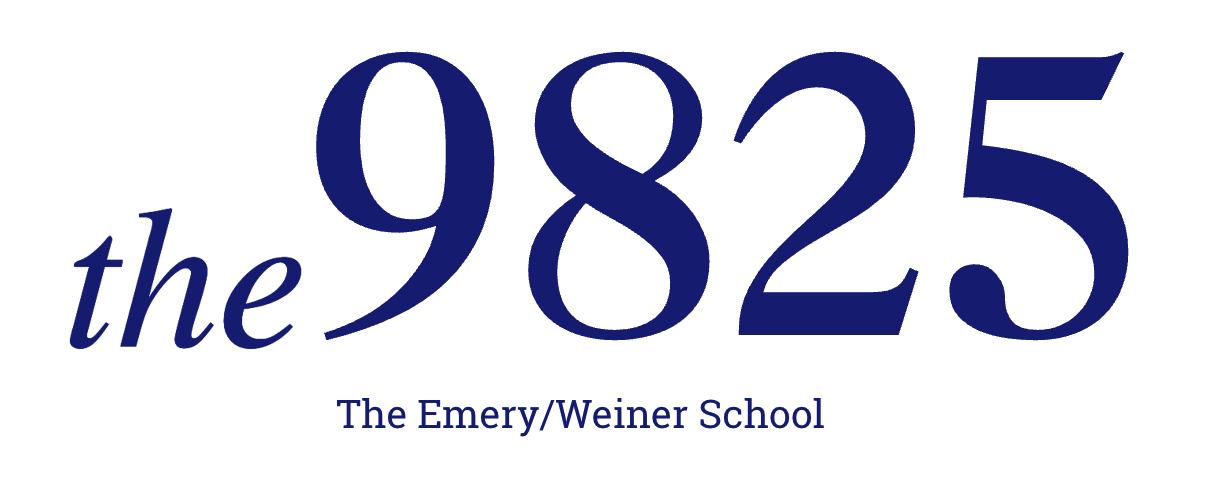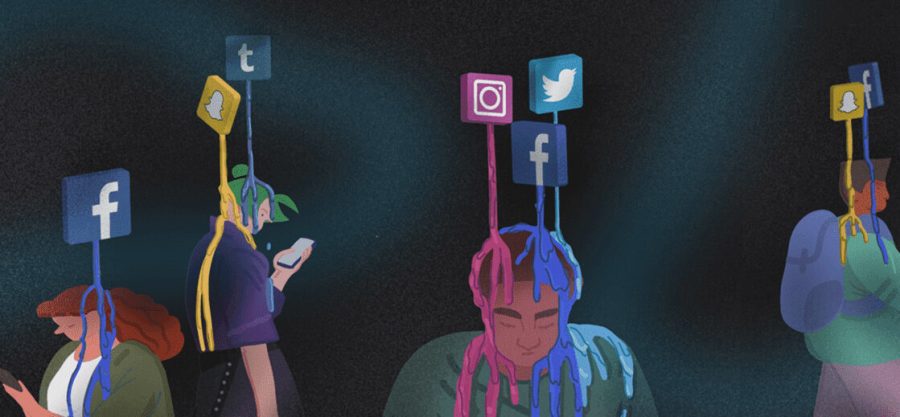Influence in Young Minds
May 15, 2023
It used to take years of networking to get on the cover of GQ, Health, or some other fitness magazine. Today, thanks to social media, the fitness world has become a bazaar where anyone can present themselves as a health guru and send out their unique pitch on how to get fit, lose weight, build muscle, or do the splits in 20 days. Among this new generation of health experts are fitness charlatans, particularly popular within the “manosphere,” defined by RZN as “an echo chamber where young men hang out and where their insecurities are fed on by some of the vilest men on the internet.” These “fitness experts” present themselves as the alpha male with the secret and unique solution to turning anyone into a successful adonis.
While there are positive male fitness role models with tried and tested protocols, the rise of the alpha fitness model has taken over social media, underscoring the importance of critical thinking and skepticism when consuming information online. This creates a phony message to any young boy or teenager seeking advice through a social media platform such as TikTok videos or Instagram reels. Short clips can be deceiving and taken out of context with very little explanation, which can be powerful to a young mind. As role models, influencers should explain the importance of a balanced lifestyle and promote a safe and healthy environment that prioritizes overall well-being. Without expert curators and a social media algorithm that elevates extreme and controversial behavior, con artists have taken over the fitness world, using their platforms to pitch “get fit fast” schemes and peddle their supplements, leaving their fans duped and misinformed in the process.
While there are differences in the way social media companies operate, their overarching goal is to generate views, which they can then leverage for advertising dollars and detailed information on their users. In New York Times, Ben Smith illustrates that companies like TikTok do not care what is being shown as long as it is legal and has the potential to go viral. Whether accurate or not, controversial information is more likely to elicit viewers’ reactions, so it is elevated in the feed. This is especially true if the content is more likely to generate a response in terms of a like, comment or if the video is shared. Not surprisingly, basic, established, fact-checked information that is tried and true will not generate the same ire or reaction as inflammatory or extreme information. While humans make the algorithms and are constantly evolving, it functions independently, much like an analog clock doing its job alone from its watchmaker.
Fitness influencers are essential to informing and inspiring people on how to get in better shape and health. However, the constant promotion towards users and the standard in order to maintain them can be an unrealistic approach to fitness. This approach puts a lot of pressure on the mental health of young people, who are exceptionally susceptible to anxiety and peer pressure compared to other age demographics. The pressure and anxiety a teenager or adolescent experiences can seriously affect one’s mental health and self-esteem. According to the NIMH, 40 percent of men unwilling to talk about their mental health raises concerns about who they look to for advice and comfort. Sharing one’s true experience and how one developed and grew is valuable advice compared to promoting. Being transparent and avoiding sensationalism, such as clickbait for views, because when an influencer starts doing that, they have an agenda they are trying to spread. Everyone has likely experienced some form of clickbait when on social media, which creates this fraudulent identity of someone or something.
The false advertising of fitness has increased significantly due to the lack of expert gatekeeping. In the “manosphere,” toxic male fitness influencers have become prominent by disseminating false information and promoting unrealistic lifestyles. Through extreme dieting, the use of steroids, or overexercising. An example of this can be from TikTok influencer the “Liver King,” a forty-five-year-old man with a giant beard, unrealistically muscular physique, and virtually no body fat. In his youtube video, “I Lied,” he adamantly claimed that he was all natural and achieved his incredible physique through his unique diet, which includes only eating raw flesh and organ meat and his supplements. Liver King earned an estimated one hundred million dollars a year from peddling his supplements, which underscores the size of his following and their belief in his fitness regime. As it turns out, The Washinton Post discovered Liver King’s secret diet and fitness routine also included around eleven thousand dollars a month of elite steroids and perhaps abdominal sketching to make them more pronounced. He apologized for lying about taking steroids and denying ever taking them, promoting false energy drinks that promoted his appearance to viewers. Another dangerous piece of misinformation circulating in the fitness manosphere is the idea of not sleeping many hours to focus on “grinding.” Andrew Tate, one of the most controversial characters in the manosphere, presents himself as an expert in everything ranging from fitness and nutrition to business and dating. On Youtube Shorts and TikTok, Tate claims that he only sleeps 6 hours a night, which he finds sufficient to keep in healthy and top cognitive shape. Again, the idea is to pitch a concept that is on the extreme to present oneself as superior. For one, science doesn’t back his claim. In the long run, healthy adults should sleep at least 7 hours a night to avoid sleep deprivation. Mary L. Gavin, a Pediatrician and a Senior Medical Editor at Nemours Kids Health, voices that teenagers and young adults are instructed to get 8 to 10 hours of sleep in order to prevent cognitive impairment. So while Tate may be misleading his audience to believe that he can thrive with very little sleep, he legitimizes an unhealthy and unrealistic lifestyle. The problem today is that these types of fake fitness gurus have direct access to their massive followings and are able to eclipse their critics. Information that used to have to go get fact-checked by an editor whose job was to protect the publication’s integrity is now being fed directly to millions of young and impressionable people. As a result, by the time someone like the Liver King or Andrew Tate is exposed, the damage has been done, and millions of people have already been duped.
While calling for the return of gatekeepers and information censorship might seem to make sense at first glance, the fact is that there is no going back, as social media is here to stay. Attacking and censoring scammers and fake fitness experts won’t work either since too many of them exist. Censorship will only make their false pitches feel more authentic to vulnerable and gullible people. As a result, how people perceive and sift through information must evolve and change when looking for answers in the world of fitness media. More extraordinary efforts must be made to educate people on researching and finding reliable information. In addition, people must become more skeptical of “get it quick” schemes. One area where real improvement can be made is how algorithms choose to elevate or suppress content. Rather than promoting extreme and controversial content that generates more user participation, content should be elevated based on how other “trusted sources” and professionals respond to it, much like the Google Search algorithm works.

